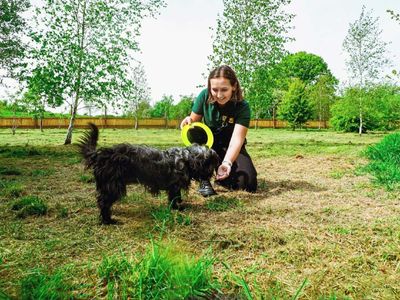
Our stories
Tune into our stories featuring happy rehomes, tales of rehabilitation and so much more!
Any topic

Viewed 0 of 0
How can we help you?


All items are now visible
Tune into our stories featuring happy rehomes, tales of rehabilitation and so much more!


